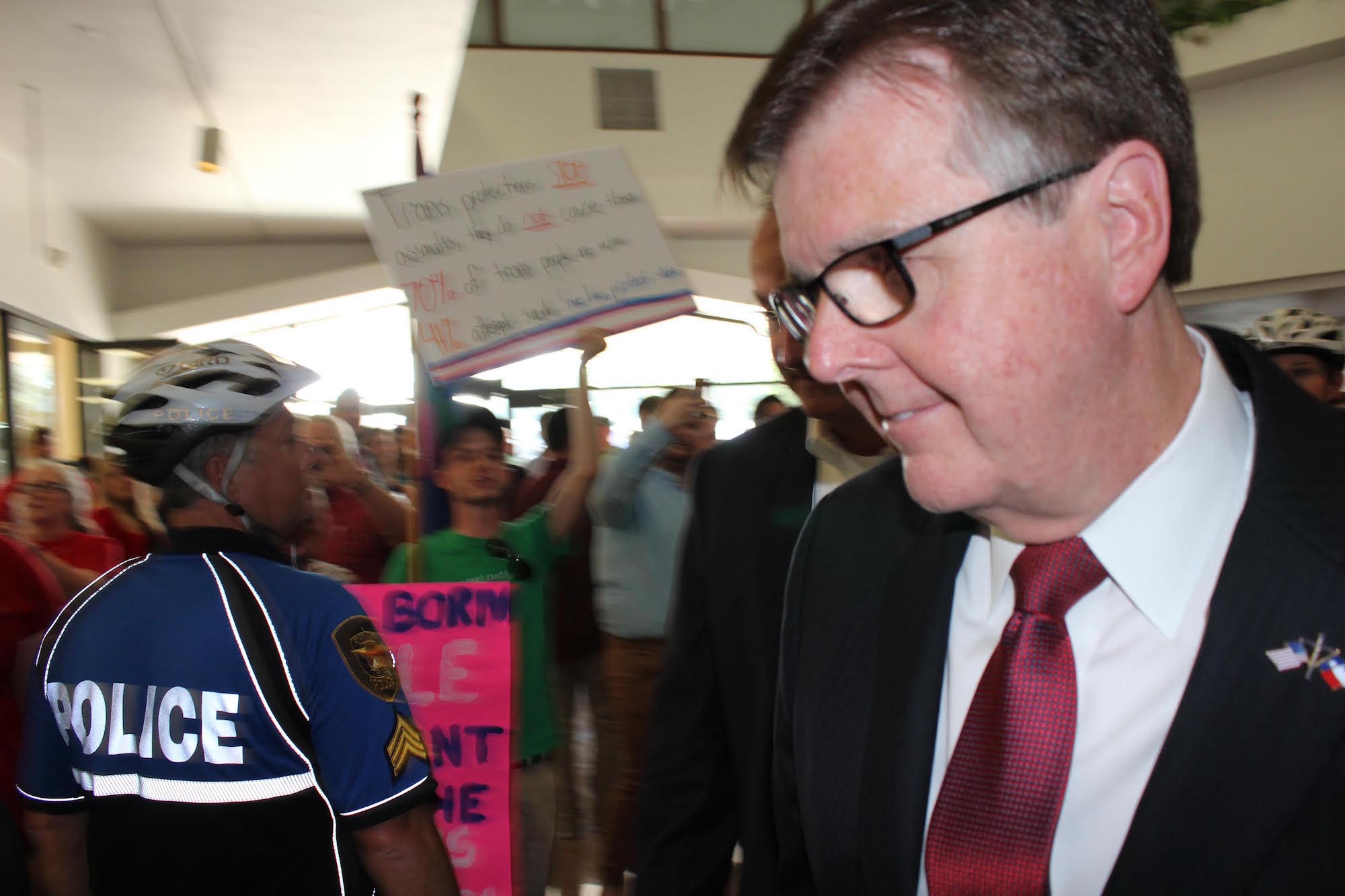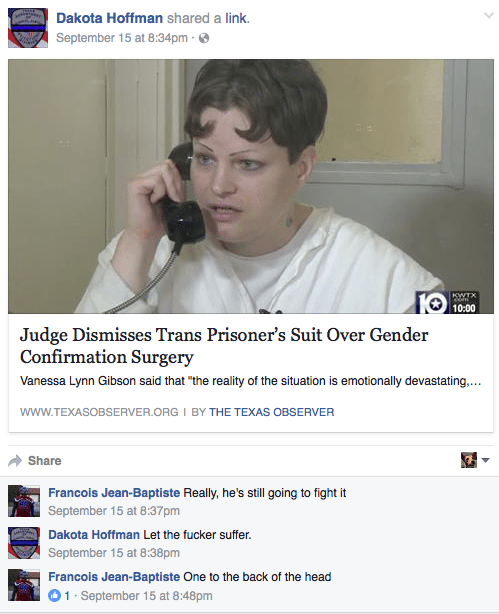
Texas Association of Business: Anti-LGBT Laws Would Cost $8.5 Billion and 185,000 Jobs


The Texas economy stands to lose $8.5 billion and 185,000 jobs if anti-LGBT legislation passes in next year’s session, according to an analysis from the Texas Association of Business, the state’s chamber of commerce.
The TAB analysis is based on actual or projected losses in four states where lawmakers have passed or considered anti-LGBT legislation in recent years — Arizona, Indiana, Louisiana and North Carolina.
TAB determined that anti-LGBT legislation would cost Texas roughly 0.5 percent of its gross domestic product, mostly from decreased travel and tourism. The analysis cites hundreds of millions of dollars worth of potential losses related to events such as the Super Bowl, NCAA championships and Austin’s South By Southwest festival, in addition to reduced investments by major employers including Apple, Google, Marriott, IBM and PayPal.
“We’ve done our homework, and we feel very confident in the numbers,” TAB President Chris Wallace told the Observer. “There will be a significant economic impact in Texas if we continue down this path of legislation that is very much discriminatory. Why go there when we’re one of the top states in which to do business?”
Wallace, who provided a one-page executive summary of the analysis to the Observer, said TAB’s full report will be released in early December.
In September, TAB’s board overwhelmingly approved a resolution opposing anti-LGBT legislation. But the state chamber’s position appeared to have little impact on Lieutenant Governor Dan Patrick, who subsequently reiterated his push for an anti-transgender bathroom bill, one of his top priorities.
A spokesman for Patrick didn’t respond to a request for comment on the TAB analysis.
Last week, the Quorum Report reported that Patrick has been pressuring business leaders to get on board with an anti-trans bathroom bill, allegedly telling them, “You’re either with us or against us.” Because they must work with Patrick on other issues affecting their bottom lines, some business leaders may be reluctant to defy him by publicly opposing an anti-trans bathroom bill.
Meanwhile, the issue of trans restroom access could be settled as early as next year by the U.S. Supreme Court, which has agreed to hear a case involving a trans teen in Virginia who’s seeking the right to use public school facilities based on his gender identity. On Sunday, Patrick told KDFM-TV in Beaumont he’s confident the high court will rule against trans rights.
“I’m glad to see the Supreme Court take this up and hopefully resolve it once and for all, to stop rogue presidents like Barack Obama and Hillary Clinton, heaven forbid, if she were to win,” Patrick said.
In addition to anti-trans bathroom bills, Wallace said the TAB analysis covers anti-LGBT “religious freedom” measures, as well as legislation that would preempt local nondiscrimination ordinances.
In response to an interim charge from Patrick, the Senate State Affairs Committee recently recommended that the Legislature take up “targeted” religious freedom bills next year, to reduce the risk of “lengthy and costly litigation” related to broader proposals. The committee suggested that lawmakers consider bills allowing adoption and foster care agencies, religious schools, judges and mental health professionals to discriminate against LGBT people based on their sincerely held religious beliefs.
In a letter responding to the recommendations, the ranking Democrat on the State Affairs Committee, Senator Judith Zaffirini, D-Laredo, called the anti-LGBT bills a “rebuke to a large number of our fellow Texans” and warned that they would “damage our reputation” with the business community.
Last month, more than 200 small business owners in Texas issued an open letter opposing anti-LGBT legislation. Many of those businesses are members of Texas Competes, a coalition of more than 1,000 employers in the state, including dozens from the Fortune 500, that support LGBT inclusion.
Jessica Shortall, managing director of Texas Competes, said TAB’s analysis “makes sense,” but suggested the state’s losses could be even higher based on recent reports about the economic impact of North Carolina’s anti-LGBT House Bill 2.
“I don’t know whether the TAB research and the clear precedent and data coming from other states will make a difference to those who want to prioritize HB2-style legislation,” Shortall said. “However, I do know that this data makes a huge difference to those who truly do have the state’s economic well-being in mind.”

